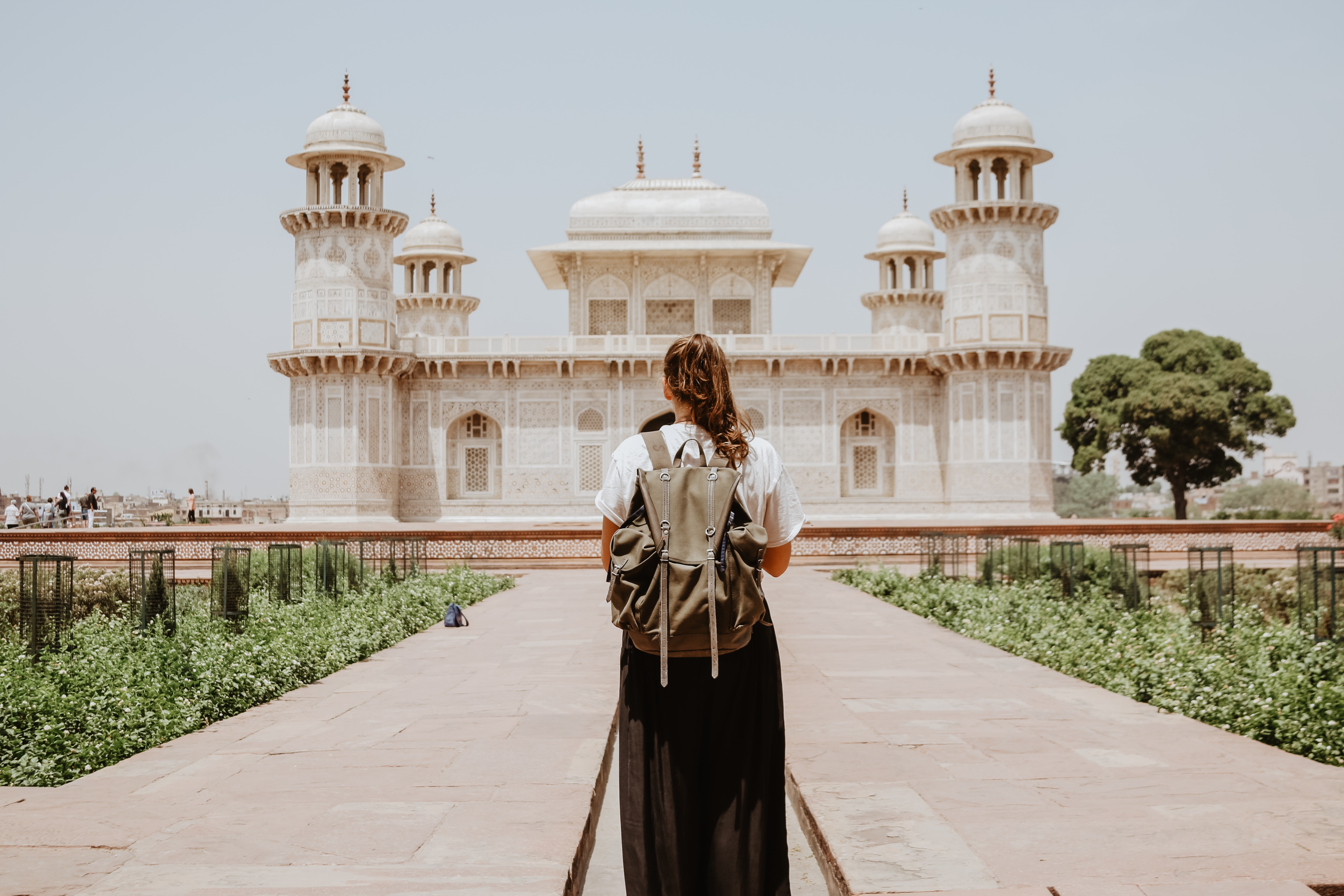What is responsible travel, anyway?

Simply put, traveling responsibly is all about active awareness, kindness, and mutual respect for the world around you. It’s about considering your own impact on destinations and cultures, and taking responsibility for ensuring that every aspect of your travels, from the transport you take, the places you stay, to the way you interact, all have a positive impact. There are plenty of ways travellers can help make a big difference by simply being more mindful. Here are some suggestions we have put together to give you some travel confidence.
Respect the local culture and customs

Some things may seem weird or illogical to a person from one culture, but completely natural to someone from another background. For example, if the authorities say you have to be indoors and are to refrain from entertainment the whole day during the silent ceremony Nyepi, in Bali, do take them seriously when they say the whole day. No one is exempt, not even foreigners.
Don’t Touch Anything
If you are attending a ritual being carried out in a landmark of prehistoric origin, such as those found at Stonehenge or Avebury, both in Wiltshire, England, please be respectful by not touching anything. Let’s try to preserve these historical artefacts for as long as possible for future generations. There’s a reason why these sites are generally roped off on normal days, appreciate the opportunity and obey the authorities.
Do Be Quiet
The Balinese New Year’s observance of Nyepi is a widely known day of silence and meditation, yet travellers should be aware that there are spiritual ceremonies in other cultures which also demand silence, (and not all of them include the word ‘silent’ in their name).
The Whirling Dervishes in Turkey, for example, spin around for up to an hour, and audiences are expected to be respectful and not talk or leave until the end of the event. With that in mind, try to appreciate the ceremony in silence and keep your questions or comments until after.
Don’t Assume Photographs are Welcome
Some communities may be very sensitive about taking images of their ceremonies or their monuments or holy structures. Do check with your tour guide or any official-looking personnel, Buddhist and Taoist temples in China, Thailand, Cambodia, Vietnam, and Taiwan, the rules surrounding photography are pretty lenient. In any case, it is always good travel etiquette to get permission from the relevant authorities if you would like to record an event or ceremony.
Watch Where You are Stepping - Sitting
For instance, during the Hungry Ghost Festival in Singapore and Malaysia, concert-like performances are held in residential areas. Chairs are arranged for the audience, but be sure not to sit in the first row, as these seats are reserved for the “ghosts of honour”. Local folk believe that anyone sitting there risks catching some kind of ailment or medical condition as a result. As proper travel etiquette, you will also need to watch your step to avoid treading on the food and incense on the ground which is put out for the ghosts at many street corners.
Watch Your Dress Code
It’s always a good idea to dress appropriately when visiting any religious site, or more conservative countries. In Bali, India, Japan and Thailand, you can enter site premises as long as you’re covered down to your knees and elbows. In stricter regions such as Turkey, Kenya and the Middle East, be prepared to cover up your entire body in loose-fitting attire, including your ankles, arms, and hair, as proper travel etiquette. Also remember to remove your shoes before you enter a Muslim mosque or a Buddhist or Hindu temple, as this could be perceived as offensive, by the locals.
Learn The basics
Take the time to learn a little bit of the local language (even if it is just ‘hello’ and ‘thank you’). Learning the local language is the ultimate way to show you care about the local people and culture.
Contribute to the local economy

Want to make your next holiday an eco-friendly one?
Allow us to introduce you to our most sustainable luxury villas in the Mediterranean. Despite emphasising sustainability, these villas aren't lacking in luxury, comfort or relaxation. Without further ado, here are our top four villa recommendations.
Casa Mana, Mallorca
Casa Mana is a serene oasis surrounded by nature, but still located just 25 minutes away from Palma de Mallorca airport, where you can find the Sala VIP Formentor lounge, and relax and unwind with some of the Priority Pass perks, before you fly back home.
The villa has been designed with sustainability and beauty in mind, here are just some of the reasons why this is one of our favourite choices for an eco-friendly getaway.
• The villa has an eco-friendly HVAC system for heating, ventilation and air conditioning
• The large organic farm and garden grows and sells vegetables, herbs and flowers to local markets and restaurants, and is open to guests daily
• The villa is completely plastic free, recycling and composting is a common practice
• All toiletries and cleaning products are organic
Rocca delle Tre Contrade, Sicily
Rocca delle Tre Contrade in Sicily, known for its continuous 360-degree views of the sparkling Ionian Sea and the lush flanks and lava peak of Mount Etna. The onsite gym, hammam, pool, home cinema and tennis court will ensure endless opportunities for relaxation and leave you wanting for absolutely nothing. Catania Airport is only 25 minutes away, and so is the Bellini VIP Lounge, where you can recharge and unwind with some complimentary drinks, before you have to go home, back to reality.
We especially love the villa’s ecological attributes, which include:
• A water supply that is treated and filtered
• A vegetable garden and seven-acre lemon grove that provide ingredients for meals throughout your stay
• Laundry and linens cleaned and dried in traditional, natural conditions
Forte San Giorgio, Capraya (Italy)
Forte San Giorgio is a towering and magnificently restored sixteenth-century fortress on the Tuscan island of Capraia – a tiny ecological wonderland where nature takes centre stage. Getting to the secluded spot of paradise takes a bit of organisation, but we're here to help. Below you'll find all the various possibilities. Click here for information about flights to the nearest airports to Capraia. If you choose to fly via Pisa International airport, make sure you stop by the Galilei VIP Lounge.
The beautifully built oasis has various eco-friendly elements, making it an excellent choice for a responsible traveller.
• A private chef will source ingredients such as fish, vegetables, wine, honey and goats’ cheese directly from artisanal suppliers and producers on the island
• A herb garden provides the freshest produce directly to your plate
• Rainwater collection system used to water the gardens in the summer months
• Thick walls and lofty position significantly reduces the need for air conditioning
One small step can be a catalyst for significant change
Remember, you don't have to revolutionise the way you travel all at once. There is plenty of neutral ground when it comes to ethical travel, but once you realise how powerful your choices are when you are on holiday, we're confident that you will find sustainable travel to be more rewarding than you ever imagined.
Once you’ve decided on a destination, make sure you’ve got the Priority Pass app downloaded, and be sure to check out the Travel Services section, if you are looking to book an airport transfer or a car rental. Whilst we are on the subject of apps and being responsible, check out our list of top travel apps to help you prepare for your next trip.

